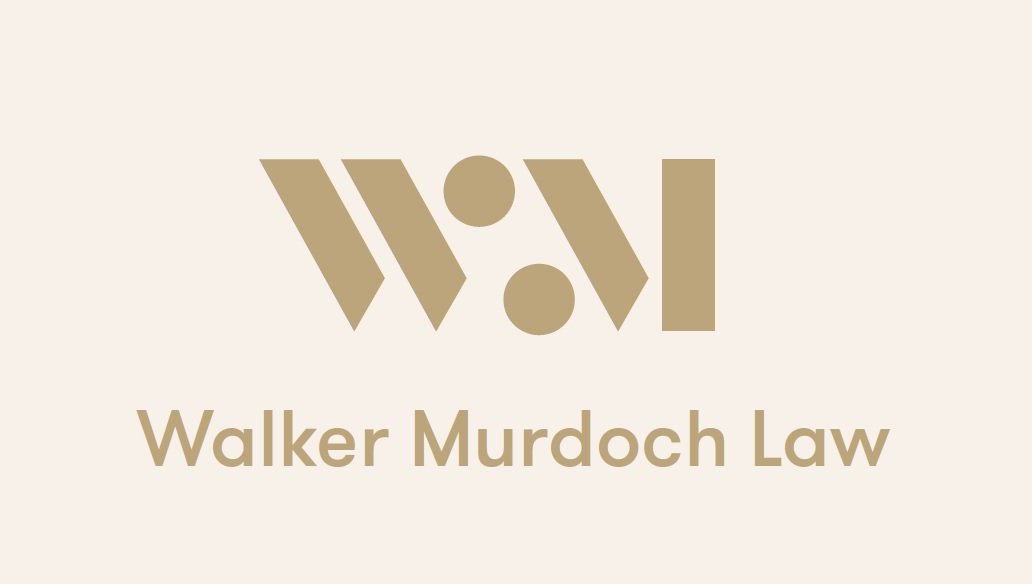Powers of Attorney
Where Wills operate when someone has passed away, powers of attorney allow for personal matters of an individual to be dealt with, while that person is still alive.
These documents can be useful in the case of injury, incapacity or simple unavailability where you can authorise a third party to conduct affairs on your behalf.
Enduring Power of Attorney
An EPOA is a legal document that helps protect you and your assets for the future. Having an EPOA means someone else can make decisions for you if you become unable to do so yourself. Your Enduring Power of Attorney should be appointed to someone who you trust will understand and respect your wishes. They need to be 20 years or older, not bankrupt and not mentally incapable.
There are two types of EPOAs, Property, and Personal Care and Welfare. You don’t need to have both, but it is recommended that you do.
Property relates your possessions and your money. You can choose for this EPOA to start at two different times. You can have more than one attorney for your property, and you can choose that they act together (jointly) or separately (severally) to make decisions. You can also appoint successor attorneys if you wish to.
Personal Care & Welfare is reserved for when your attorney can only make decisions for you if you become mentally incapable. You can only have one attorney for this, but like property, you can have successor attorneys that can act if your attorney becomes unable to.

